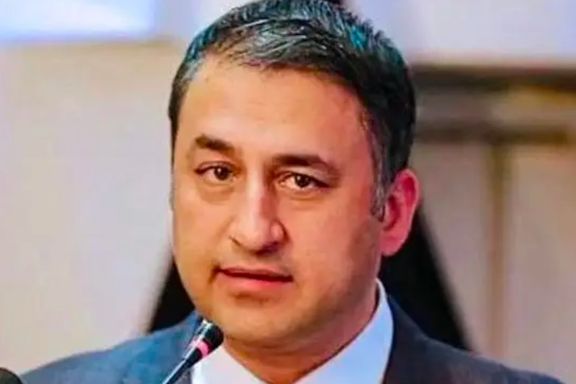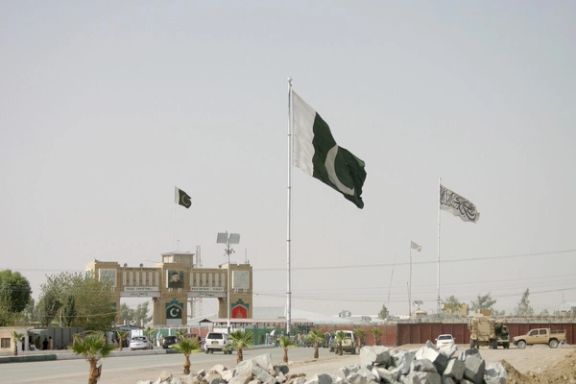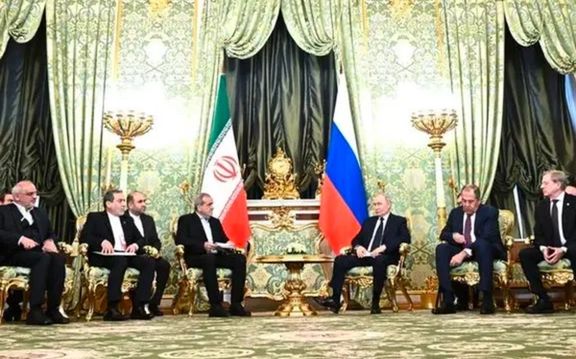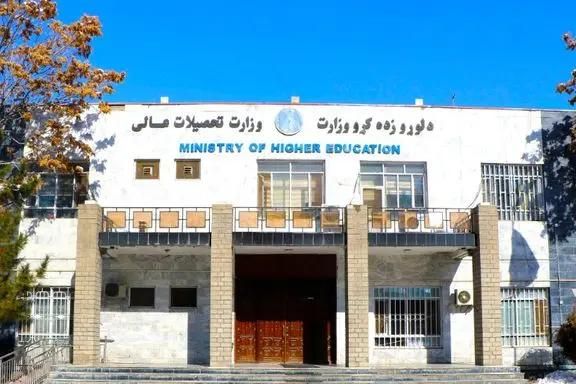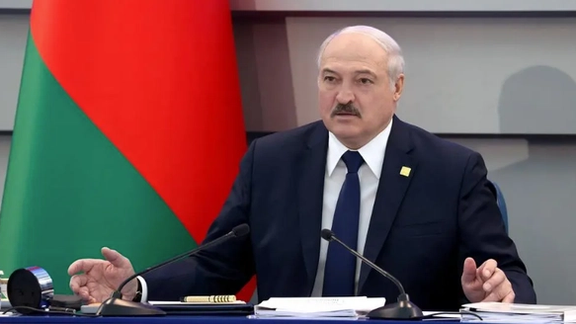The Russian Cultural Centre (originally Soviet House of Science and Culture) in Kabul has told these students that the Taliban's Ministry of Higher Education has prevented them from travelling to study.
One of the students told Afghanistan International that officials of the Taliban's Ministry of Higher Education are opposed to students traveling to "non-Islamic" countries.
According to him, the Taliban believe that students lose their "religious beliefs" by travelling to these countries to study.
A number of students told Afghanistan International on Friday, January 17, that they had applied for scholarships for the year 2023 from the Russian government, and in mid-2024, the Russian Cultural Centre has recognised 500 of them as eligible for the scholarship.
Last year, the Taliban confiscated the passports of 500 male students and prevented them from travelling to Russia.
The students who received these scholarships told Afghanistan International that the Russian Cultural Centre, after several talks with officials of the Taliban's Ministry of Higher Education, announced to the students' representatives on Thursday, January 16, that the Taliban were opposed to their study trip.
One student said that each student spent between $100 and $200 to translate the required medical documents and examinations. Candidates have completed all the administrative procedures and documents required for these scholarships, he added.
The students say that the Russian Cultural Centre has met with 15 of their representatives several times during this period. According to these students, the centre made all its efforts to obtain the approval of the Taliban's Ministry of Higher Education.
The Taliban's Ministry of Higher Education has not officially commented on the matter.
According to the students, a number of candidates for the 2022 Russian scholarships have travelled to Iran in the middle of 2023 with the help of the centre. However, these students admit that the centre is not willing to provide visa facilities and study travel through Iran for this round of students.
One of the students said that the centre does not want to disrupt its relations with the Taliban because of the students.
